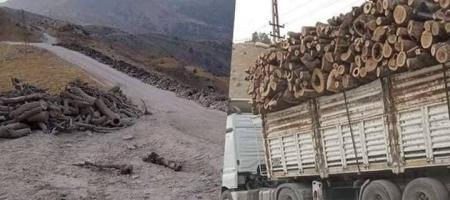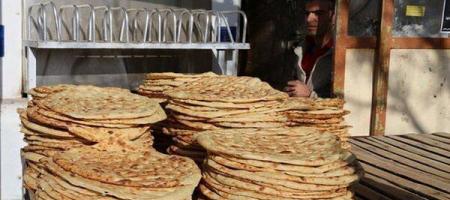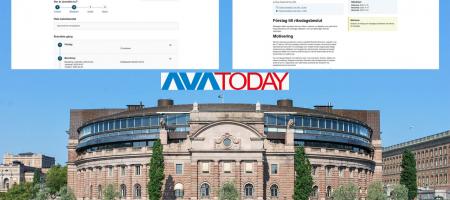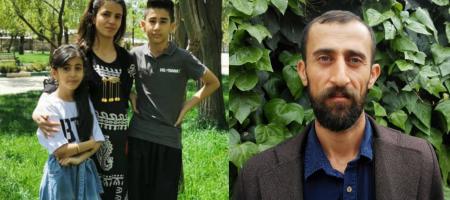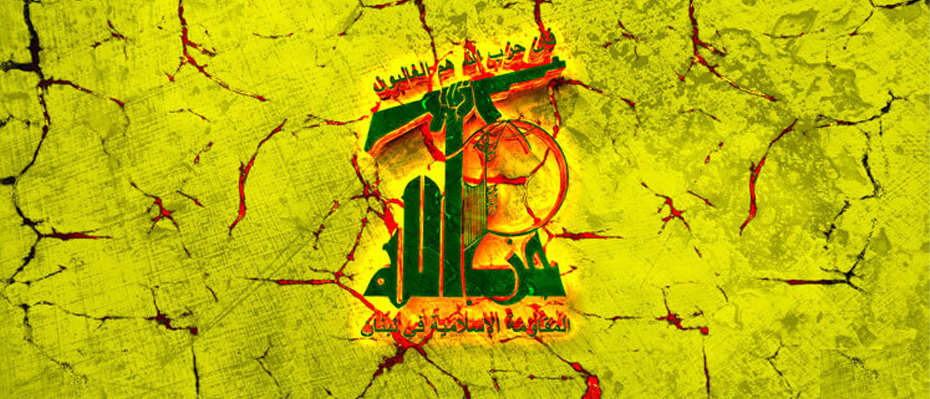
By The Free Iranian
As the Trump administration’s sanctions on Tehran’s regime tighten, Hezbollah’s funding has also begun to slowly but surely diminish.
Hezbollah has been bypassing the US sanctions against the Khomeinist regime by laundering millions of dollars via the European drug trade. Now, however, even those methods and avenues are being revealed. Hezbollah has finally been exposed as Tehran’s intermediary in the global drug route from South America to Europe, although only 5-10% of the drugs being trafficked are intercepted by police. This drug trafficking serves as a means of laundering money. At least 20%-25% of the income from it goes to Hezbollah, and it is used for weapon purchases, paying salaries, and more.
Hezbollah operatives personally manage these illegal drug trafficking and money laundering activities, moving approximately $200 million a month. Hezbollah members have used this cash from selling drugs to acquire cars, watches, and jewelry, which are then resold to pay the traffickers in South America. In other words, this is a transaction-based money laundering system, generating multi-millions of dollars, just to support Hezbollah.
But now, as the Trump administration makes advances in combating terrorism, Argentina, Brazil, and Paraguay, have joined the U.S. coordination group overseeing the Tri-border area, where Hezbollah bankrolls its illicit activities.
Hezbollah’s activities in South America were finally exposed when French police in 2016 arrested Mohammad Noureddine, a middleman for Hezbollah. Noureddine, a 44-year-old Lebanese businessman with interests in real estate and jewelry, was arrested as a result of an international investigation spanning seven countries, including France, Belgium, Germany and Italy.
It turned out that he was a part of a crime ring, linked to Hezbollah, trafficking cocaine for a Colombian drug cartel, and laundering the profits in order to buy weapons for Hezbollah in Syria. It became clear that the ring operated throughout South America, Europe, and the Middle East since 2012, using the ancient banking system known as hawala to transfer drug money without a trace by using trusted brokers. The proceeds of their drug trafficking were laundered in Europe, where they were collected, then sent to Lebanon, and from there on to the Colombian traffickers.
Now, with those sources of capital dwindling, and U.S. sanctions biting, Hezbollah has been forced to make severe spending cutbacks. The Lebanese Shi’a militia had received more than $700 million a year, 70% of its revenue, from the Khomeiniist regime. Tehran’s ability to finance the group, however, is being significantly diminished as a direct result of the Trump sanctions.
For more than three decades, Hezbollah brass prospered from Tehran’s lavish funding, spending money that belonged to the people of Iran on benefits for Hezbollah militants, paying for social services for its ‘electoral base,’ and assembling a colossal armory, with troops in Syria and Iraq.
High level Lebanese sources confirm that in recent months, Hezbollah’s leadership has been feeling “great danger,” and infighting inside the militia is reaching an all-time high. Realizing that they must make great sacrifices in the next stage of the game, Hezbollah leaders are beginning to panic. They seem to believe that the Tehran regime will either sacrifice them in the coming war(s), or use them as a pawn in negotiations.
A number of Hezbollah members are also in Lebanese Prime Minister Saad Hariri’s cabinet, such as Youth and Sports Minister Muhammad Fneish, and Parliamentary Affairs Minister Mamoud Komati. Another, unofficial, member, is Jamal Jabak, the Minister of Health. Out of fear, they are pressuring their party leaders to neutralize the party from the threat of a war, by pushing for integration into Hariri’s common defense strategy. If any of them are designated by the Trump administration, the resulting sanctions would have a serious effect on their respective sectors within Lebanon. In Jabak’s case, medicine, hospitals, and clinics, as well as the entire legislative branch, would be affected.
In the interim, sanctions, in particular, are limiting the activities Members of Parliament Muhammad Raad, Amin Sherri, and Wafiq Safa, who are responsible for Hezbollah’s Liaison and Coordination Unit, which manages their finances and foreign travel.
Aside from all of the above, Hezbollah military commanders are being killed in Syria and Iraq. In August, a drone strike in Western Iraq killed one of Hezbollah’s leaders there, and wounded another. Then, in late August, two Hezbollah operatives, Yasser Ahmad Daher and Hassan Zbeeb, were killed in southern Syria during the recent Israeli airstrikes. Israel claimed the two men had travelled to Iran to be trained in operating drones by the IRGC’s Qods Force before being dispatched to southern Syria, and that they had been planning to mount an attack across the border with Israel.
Now as Israel begins to target Tehran’s forces in Syria, both the Syrian and Russian sides have kept quiet. Neither has either issued a statement regarding the attack, nor have they attempted any retaliation against Israel. It is important to point out that Russians and Syrian air defense systems were purposely turned off, in order to stay off the path of Israeli air raids. Hezbollah has also begun to realize that it can no longer trust its two allies, as they appear to be turning their backs on them.
With their morale beginning to wane, Hezbollah, though still operative, has begun to feel that its end is quite likely.

